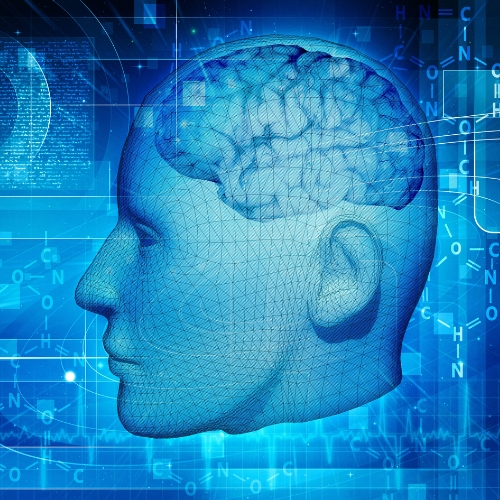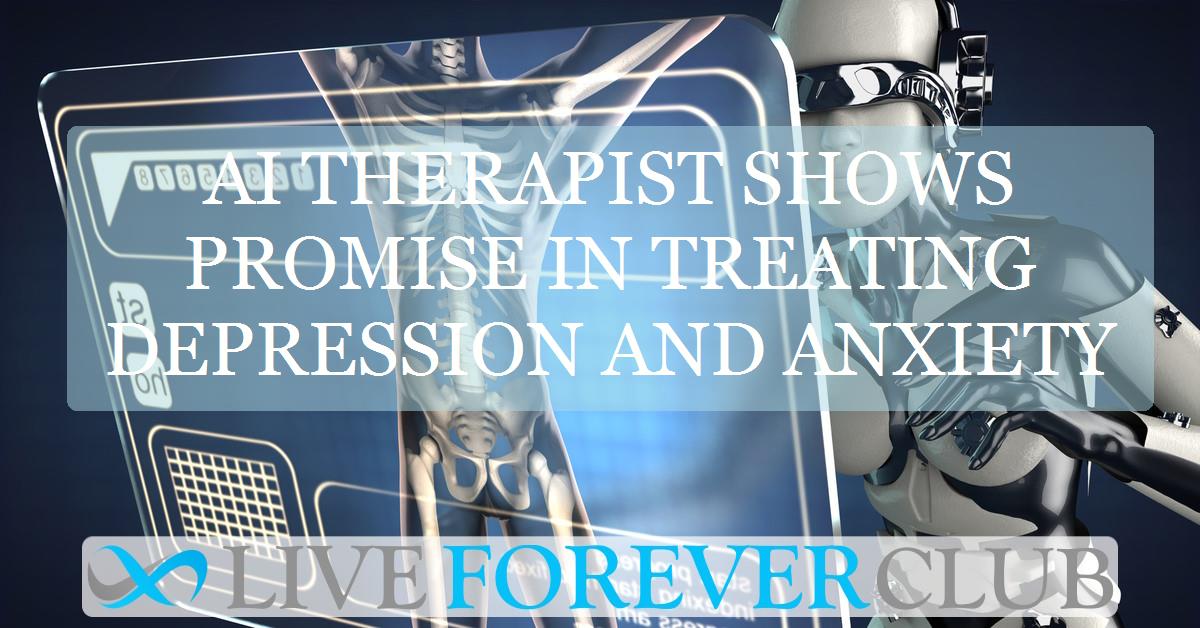Key points from article :
A new study published in NEJM AI reveals that an artificial intelligence (AI) chatbot developed by researchers at Dartmouth College could become a powerful tool in mental health care. The chatbot, named Therabot, was designed to deliver cognitive behavioral therapy (CBT)—a widely used and evidence-based approach for treating depression, anxiety, and eating disorders. In a randomized clinical trial led by Dartmouth’s AI and Mental Health Lab, Therabot significantly reduced symptoms in participants across these conditions.
Over a four-week trial, 106 people with diagnosed mental health conditions interacted with Therabot via a smartphone app. The AI responded with natural, text-based dialogue rooted in CBT techniques. The results were striking: depressive symptoms dropped by 51%, anxiety by 31%, and eating disorder-related concerns by 19%. Participants frequently turned to the chatbot during emotionally difficult moments, including late at night, showing its value as a round-the-clock support system.
One particularly noteworthy finding was the high level of trust users developed with the chatbot—comparable to the bond they might form with a human therapist. On average, participants spent six hours engaging with Therabot, the equivalent of eight traditional therapy sessions.
However, the researchers caution that AI tools like Therabot are not replacements for human therapists. Unlike generic commercial bots, Therabot was trained on evidence-based CBT and monitored by clinical experts to ensure safe and appropriate responses. The study emphasizes the importance of ongoing human oversight, particularly to manage risk and maintain ethical standards.
While AI therapy is still in development, this research highlights its promise as a complementary tool to improve mental health access—especially for individuals who might otherwise go untreated.





